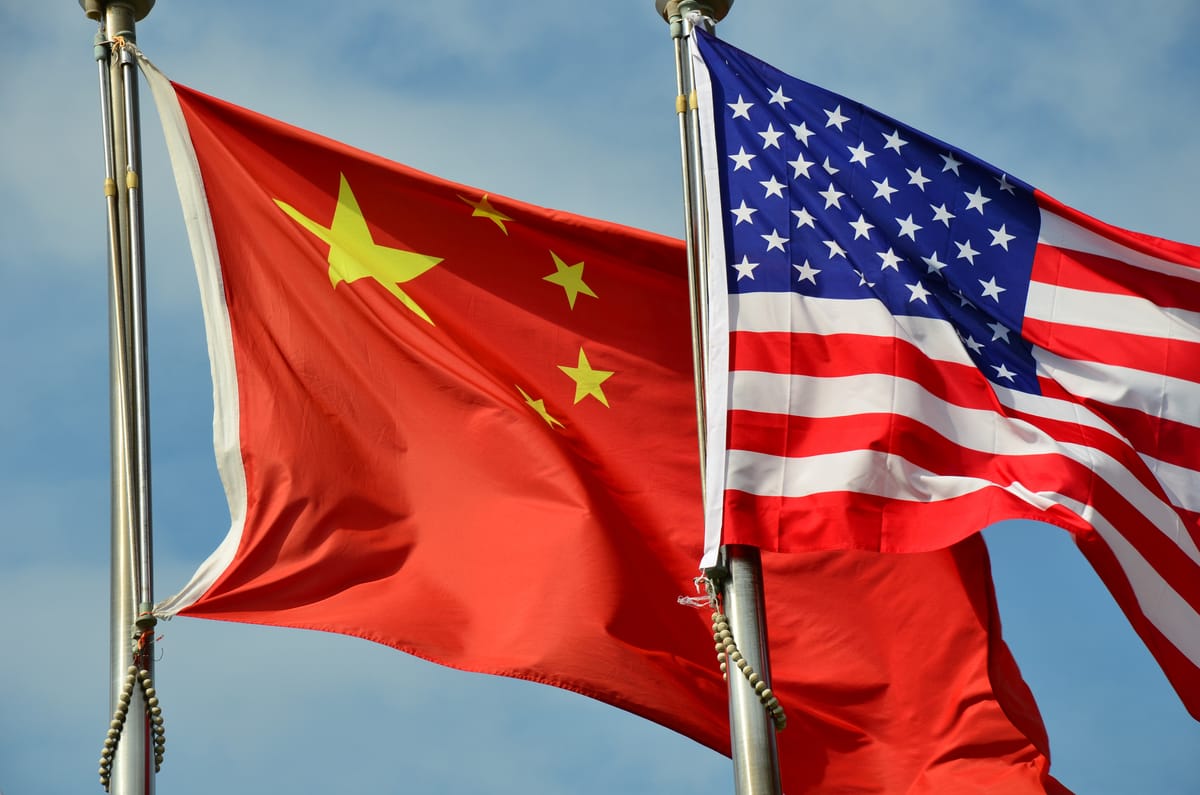RedNote's Surge Shows the Hypocrisy Tearing the Internet Apart
The TikTok ban and RedNote’s rise expose a grim truth: the dream of a borderless Internet is unraveling as the US and China wage a battle for digital control

As TikTok's impending U.S. ban looms, over 700,000 American users have fled to an unlikely sanctuary: RedNote, a Chinese social media platform known domestically as Xiaohongshu. The digital exodus reached a crescendo this week when more than 50,000 users gathered in a live chat room dubbed "TikTok Refugees," where Americans and Chinese users awkwardly navigated cultural boundaries, swapping stories about food and unemployment while carefully sidestepping "sensitive" (read: taboo) topics like Hong Kong's legal status.
With American users flooding the platform, company executives are racing to build English translation features while juggling content moderation problems. Behind closed doors, sources say, RedNote's leadership sees this cultural collision as their shot at TikTok-level global influence.
But RedNote's opportunity stems from a darker reality: the open Internet is fracturing. As Washington and Beijing clash over digital borders, their power struggle reshapes how billions of people connect online. What began as partisan concern over TikTok's data practices has erupted into a full-blown battle for control of social media - with American and Chinese officials claiming to defend their citizens while simultaneously tightening their grip.
The dream of a borderless digital utopia failed in China first, suffocated by the world's most sophisticated digital censorship system. The U.S. seems determined to learn all the wrong lessons from Beijing's playbook. The TikTok ban represents a dangerous pivot toward Chinese-style digital protectionism, wrapped in the American flag instead of the Chinese one: different justifications, same destructive outcome.
There is a profound hypocrisy at work here. Chinese users must delicately steer conversations away from taboo topics, their digital movements constrained by an invisible cage of censorship that's so normalized they've become their own jailers. Meanwhile, American users are flocking to RedNote because authorities have worked themselves into a lather over privacy concerns about TikTok, while U.S. tech giants harvest user data with industrial efficiency. The difference? American data collection is done for profit, and Chinese data collection is done for control. Pick your poison.
The Chinese government has proven that the Internet can be tamed, shaped, and controlled. They've exported the technology and the concept that national "cyber sovereignty" trumps global connectivity. And now the U.S. is validating this approach through its TikTok ban.
The timing shows the bankruptcy on both sides. As China maintains its digital iron curtain, blocking everything from Google to Instagram in the name of "social stability," the U.S. prepares to force-sell or ban an app used by 170 million Americans in the name of "national security." Both governments claim to be protecting their citizens. Both undermine the very thing that made the Internet revolutionary: its ability to connect people across political boundaries.
Let's be crystal clear about China's role in this mess. The Great Firewall is a massive human rights issue that has deprived a billion people of free access to information for decades. Chinese citizens must use VPNs to access Wikipedia. They can't use Google to research health information. Their digital experience is curated, controlled, and constantly monitored. The Chinese government has created a digital panopticon.
The U.S. response to Chinese digital authoritarianism has been clumsy at best and counterproductive at worst. Banning TikTok doesn't challenge China's model of Internet control—it validates it. It tells the world that the U.S., the originator of Internet freedom, believes the solution to digital threats is to build walls rather than bridges. The only winners in this scenario are governments that want more control over their citizens' digital lives.
The market's enthusiastic response to RedNote's surge – with share prices of associated companies hitting their daily limits – shows how digital authoritarianism has become both politically acceptable and profitable. Companies are learning that there's money to be made in managing digital borders, whether they're erected by Beijing or Washington.
The future of the Internet looks increasingly bifurcated unless both nations dramatically change course; China by recognizing that its digital iron curtain is ultimately self-defeating, stifling the innovation and creativity its economy needs, and the U.S. by understanding that adopting Chinese-style digital protectionism, even (or especially) in the name of fighting Chinese influence, only legitimizes Beijing's approach.
RedNote and its TikTok refugees shouldn't be seen as some kind of quirky cultural moment. It's a warning about how quickly digital freedoms can erode when governments decide control is more important than connection. Whether that control comes through China's comprehensive censorship system or America's more targeted digital blockade ultimately matters less than the terrifying precedent that the Internet can and should be carved up along national lines.


